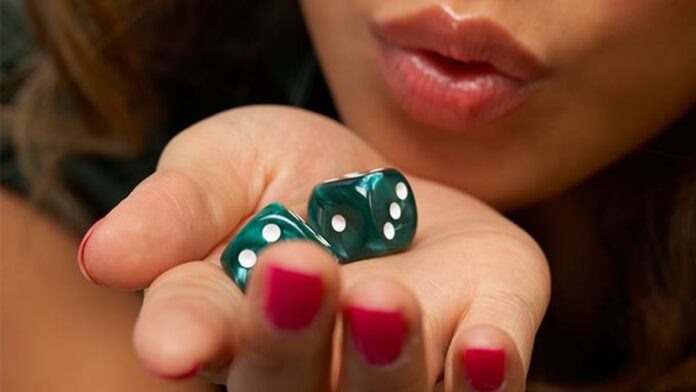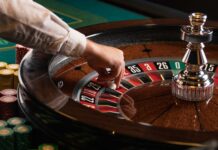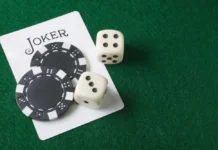Luck and chance have always fascinated people, especially when it comes to gambling in casinos. Many people go to casinos hoping to win big, but many leave feeling unlucky or disappointed. What causes these misfortunes: bad luck or bad choices? While it’s easy to blame outcomes on luck, the choices we make play a big role too.
By understanding the role of decision-making, we can make better choices and maybe have better luck in the casino. Let’s take a closer look at the factors that influence casino outcomes. For more insights on gambling and luck, you can check out kakekmerah4d.
Superstitions and Rituals

Many casino players believe in rituals that are supposed to bring luck. But where does this superstition come from? When people are under pressure and faced with uncertainty, they often fall into rituals and adopt familiar routines that give them a sense of control. This phenomenon isn’t limited to gambling.
For example, basketball legend Michael Jordan used to wear old shorts from North Carolina College under his Chicago Bulls uniform for good luck in the game. Similarly, actor and filmmaker John Wayne never put his cowboy hat on a bed because he believed it would bring him bad luck.
Casino players are no different. Some common superstitions include avoiding the number 13, never counting money at the table, and wearing red for luck. Superstitions can lead people to make bad choices in casinos, ignoring logic in favor of their rituals. While these practices might provide comfort, they can also lead to losses when players focus on luck instead of smart decisions.
The Impact of Decision-Making
When people gamble, their choices directly impact the outcome. Decisions like which games to play, how much to bet, and when to stop all influence the final result. Making poor choices can lead to losses, while wise decisions can increase the chances of winning.
For example, playing games with bad odds or failing to set limits can result in bad experiences. By focusing on smart decision-making, gamblers can improve their chances and avoid common pitfalls.
Understanding House Edge

One important factor in casino outcomes is the house edge. Every casino game has a built-in advantage for the house, which means the casino is likely to win more often than not over time. The house edge varies from game to game, with some games being more favorable to players than others.
Understanding the house edge helps players make informed choices about which games to play and how to bet. While luck influences short-term results, the house edge ensures the casino has a long-term advantage. By choosing games with lower house edges and using smart strategies, players can improve their chances and avoid misfortune.
The Role of Personal Responsibility
Personal responsibility plays a big role in casino experiences. It’s easy to blame losses on bad luck, but recognizing the impact of choices can help people take control of their gambling outcomes. Making informed decisions, setting limits, and understanding the odds are all aspects of responsible gambling.
By taking responsibility for their actions, gamblers can avoid blaming external factors for their misfortunes. This mindset shift helps individuals make better choices and reduces the likelihood of negative outcomes. By focusing on what they can control, players can have better experiences and avoid unnecessary losses.
The Psychological Aspects of Gambling
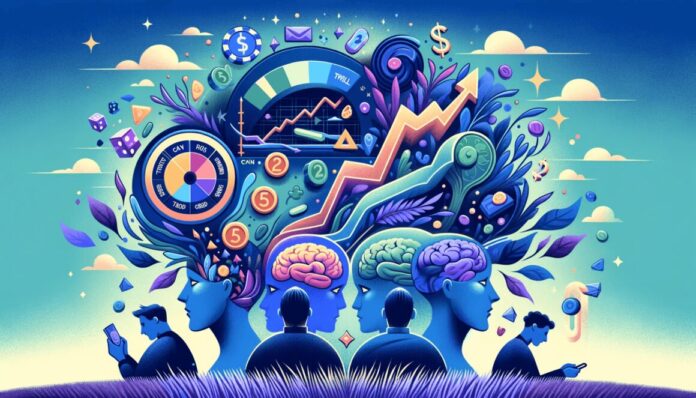
Gambling affects how people think and feel. The thrill of taking risks, the excitement of winning, and the fear of losing all impact how people behave in casinos.
These emotions can lead to impulsive decisions or cloud judgment, resulting in poor choices and bad outcomes. Understanding the psychology of gambling helps explain why some people struggle with losses or become addicted to the thrill.
By recognizing these factors, individuals can develop healthier attitudes toward gambling and make more rational decisions. Addressing the psychological aspects of gambling is key to understanding why some people experience repeated misfortune.
Skill vs. Luck in Poker and Other Games
In games like poker, the line between skill and luck is often blurred. Poker is a game of skill, but luck plays a part too. Skilled players know how to read their opponents and make smart decisions, but sometimes even the best players lose due to bad luck.
Recognizing the balance between skill and luck helps players understand that while they can improve their odds with practice, they can’t control everything.
This balance also applies to other casino games, where smart play can improve chances, but luck always plays a role. By focusing on improving their skills and making informed decisions, players can minimize bad outcomes.
Casino Superstitions: Good and Bad Luck
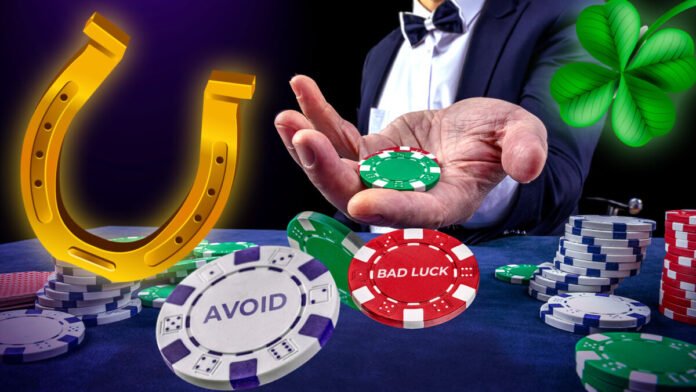
Superstitious players try to avoid behaviors and objects they believe could bring bad luck. For example, in Western cultures, the number 13 is often seen as unlucky. In China, the number 4 is considered unlucky because it sounds like the word for “death” in Chinese. Some players also believe that crossing their legs while placing a bet will “cross” their luck.
Another common superstition is that you should never count your money or chips when playing. This is considered bad taste and many people believe it brings bad luck.
On the other hand, there are superstitions that people believe bring good luck. Some players blow on the dice for luck, while others wear red in the casino. Red is a lucky color in Chinese culture, representing prosperity, happiness, and joy. Some players also have lucky charms, like a rabbit’s foot or a horseshoe, that they believe bring them good luck.
Strategies for Avoiding Misfortune
To avoid misfortune in casinos, players can adopt several strategies. First, setting a budget and sticking to it helps prevent overspending. Second, choosing games with good odds increases the chances of winning. Third, practicing self-control and knowing when to walk away can prevent unnecessary losses.
Fourth, avoiding superstitions and focusing on logical decision-making reduces the likelihood of making poor choices. Finally, seeking help if gambling becomes problematic ensures that individuals can address issues before they get worse. By adopting these strategies, players can minimize misfortune and have better experiences in casinos.
Conclusion
In conclusion, casino misfortunes often come from a mix of bad luck and bad choices. While luck plays a role in gambling, the impact of decision-making, superstitions, house edge, personal responsibility, and psychological factors all influence outcomes.
If players know these elements and adopt strategies for responsible gambling, they can improve their chances and avoid common pitfalls.
Recognizing the balance between luck and choice helps clarify why things go wrong and empower individuals to take control of their experiences. With a mindful approach, gamblers can enjoy casinos while minimizing the risks of misfortune.

